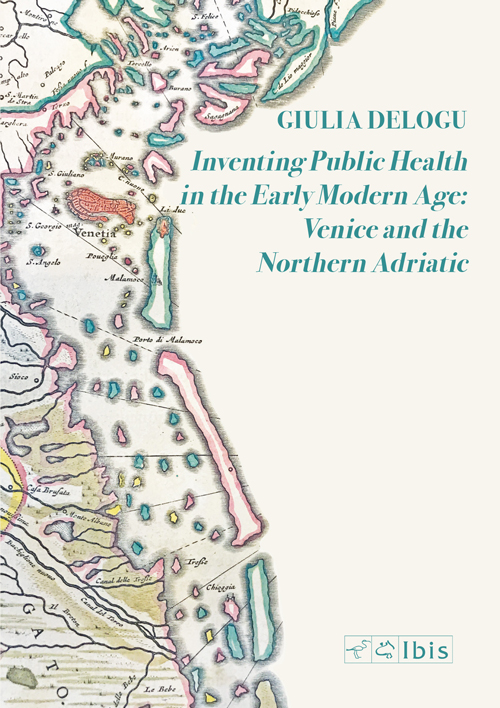Today we think of public health as “the science and art of preventing disease, prolonging life and promoting health”, but how was this concept shaped? Through a story made of words and images, these pages reconstruct the historical roots of health and the path that from the early modern age led it to become public, in an intertwining of medicine and administration, science and control.
Between the late 15th and 18th centuries, health practices shifted from being a run-up to face frequent epidemic threats to an activity of planning and prevention. Since medicine was still very uncertain and ineffective at the time, the success of early modern age health measures resulted from an efficient administration and a widespread control of information. To study this evolution, the volume focuses on the Northern Adriatic: here, in fact, the first quarantine protocols, the first lazarets, the first permanent health magistracies were established. The focus is on the 18th century, because in this period health practices became more and more systematic and widespread . What emerges in the end is how Venice, in collaboration and competition with other Mediterranean port cities, invented public health.
Inventing Public Health in the Early Modern Age: Venice and the Northern Adriatic Fuori Collana
Autore: Delogu Giulia
€9.00
Articolo aggiunto!
Sfoglia la lista dei desideri
L'articolo selezionato è già presente nella tua lista dei desideri!
Sfoglia la lista dei desideri
| Collana | |
|---|---|
| Autore | Delogu Giulia |
| Genere | |
| Lingua | |
| Pagine | |
| Anno di Pubblicazione | |
| ISBN | |
| Dimensioni | 120 mm x 180 mm |
| Note |












Recensioni
Ancora non ci sono recensioni.